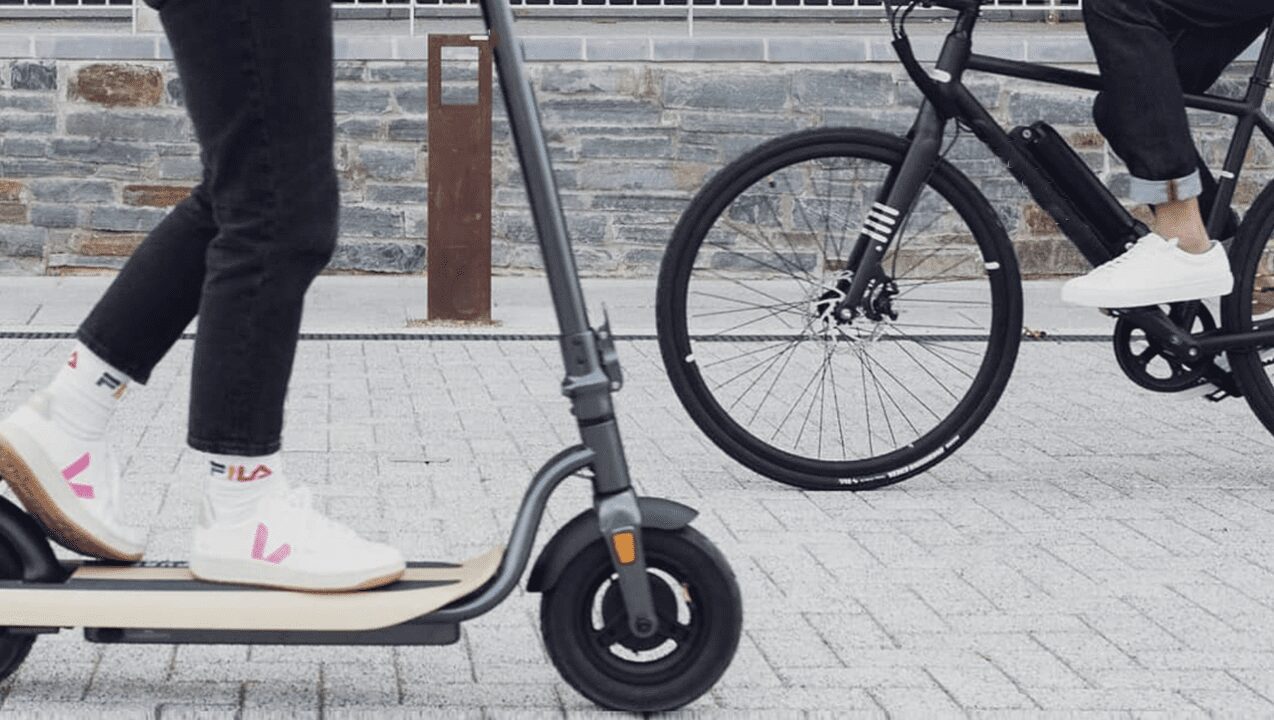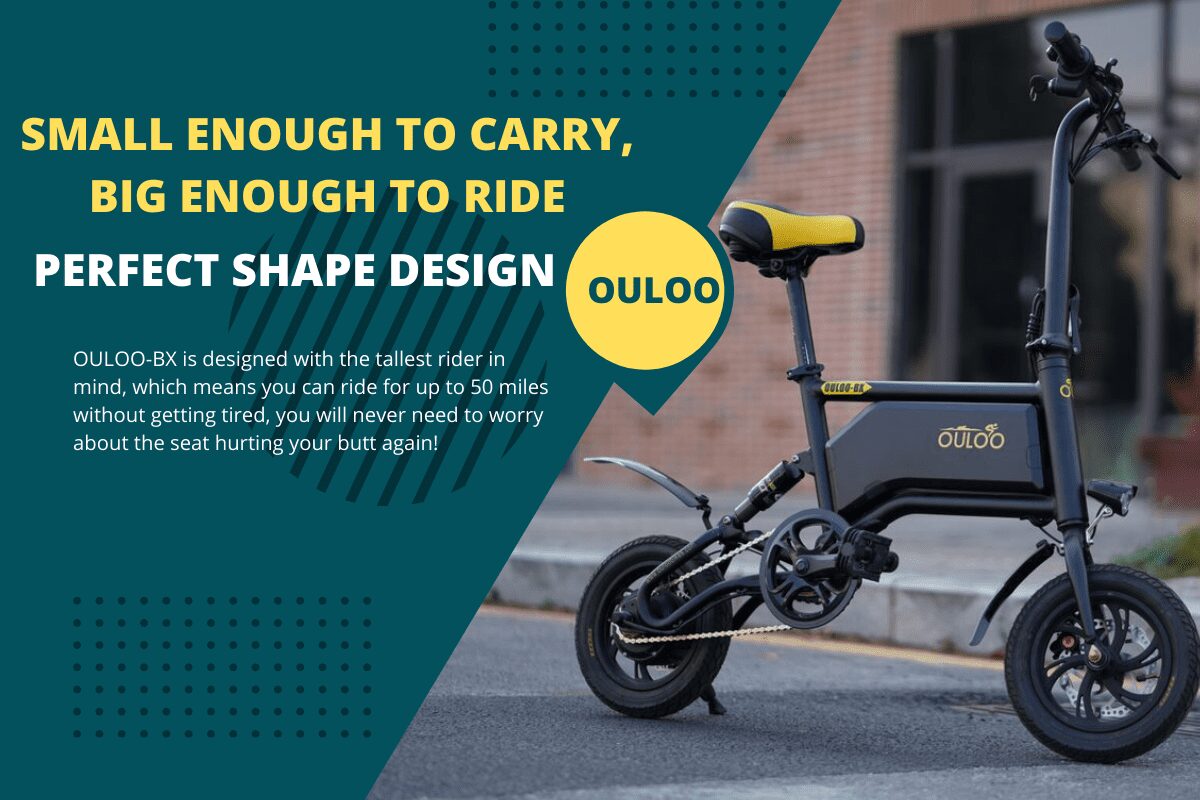What’s attracting people to electric scooters?

A few weeks ago a friend of mine asked me why so many people risk prosecution for riding electric scooters on the road. This got me thinking. In truth I could not answer the question properly, so I went away and started talking to people.
As Europe’s biggest specialist electric bike and electric scooter business I was thinking why don’t these people ride a conventional bicycle or an electric bike. What was so appealing about a private electric scooter that a person risks getting prosecuted riding it, when they travel at the same speed, and they are both good for the environment?
When we asked people who ride an electric scooter in the UK and in Europe, the question, “why do you ride an electric scooter and not a bicycle?” , we got the same 2 answers.
The first was affordability. People did not want to cycle on a conventional bicycle because the journey was too long or too hilly for them. They wanted an electric bike but could not afford one, so purchased an electric scooter because it can do 90% of what the electric bike can do for a commuter but costs 20% of the price of an electric bike.
Second was a lack of space for storage. People said they could not store a bicycle either at home at their destination. This was a surprise but shouldn’t have been. When you dig into the facts it comes to light that in the UK 38% of people’s workplaces do not offer bike parking. The bigger problem is people are living in smaller properties and can’t easily fit a bike in. In a recent study it was found 86% of people living in a tower block said they could not easily fit a bike into their home and had no safe bike parking on site.
People gave the same reasons for riding private electric scooters in the UK and Europe.
Why isn’t that leading to more people riding electric scooters in the UK?
Back to the original question. Why do so many people ride the scooters illegally in the UK? Let’s look at what’s happening in France and Spain, where it’s legal. We sell the same products in France, Spain and the UK. It’s a product that has been designed to the German safety standards (which was the safety basis for the British scooter rental trials) – the highest in the world. If they are ridden on the road in France and Spain it’s OK, if the same product is ridden in the UK it breaks the law.
In the two other markets the government has put in clear rules of how they have to be used, we have seen roughly a million French and a million Spanish people buy an electric scooter in the last year. This is reducing pollution, reducing congestion, increasing productivity, introducing new low-cost commuting solutions, and giving new freedom to people who can not store a bike at home or work.
In contrast, in the UK market probably only 100,000 new scooters were purchased last year.
“Why so few?” I hear you ask… I would estimate we have turned away nearly 200,000 people from buying a scooter over the last year. I am sure the other responsible retailers like Hal fords have done the same. Over the last 2 years there must be over 1,000,000 disappointed, law-abiding people in the UK who want to ride an electric scooter because the other transport solutions don’t work for them.
We have plenty of people coming into our shops – NHS workers, teachers, lawyers, accountants, civil servants – come to buy electric scooters, but they walk away when we tell them it is illegal to ride them on the pavement or road. When we try to sell them an electric bike, they don’t buy because it doesn’t fit their needs.
What can we do about this?
We urgently need the government to push forward with legalization and regulation of electric scooters as a priority, with strict rules and safety standards on the products and how they are used, like in Germany. I think most accidents are on scooters with small wheels and substandard breaks. Only clear regulation will fix this.
If the government does not introduce new laws, I believe people will continue to buy unsafe, very fast and dangerous electric scooters from unregulated ecommerce sites, outside the UK government’s control. I predict the number of electric scooters being ridden illegally on the roads will continue to rise fast.
What we have learned is that electric scooters help people who would never buy a bicycle and that they are so much better than the alternatives that people are willing to ride them even if they are illegal – despite our clear warnings and advice. For every person riding one, another 5 people want to but are prevented from doing so, by respecting the law.
So now we understand why people are riding electric scooters on British roads illegally, the next question is “Why, when an innovative green product emerges that helps so many people and is adopted across the world, is the UK government so slow to bring in rules?”
One last thing. I want to be clear that it is not right for people to ride electric scooters on pavements, public land or roads. Their time is better spent writing to Ministers and their MP asking for their support in securing much needed changes to our outdated legislation.

